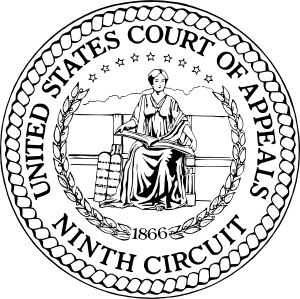San Francisco Apartment Association and Small Property Owners of San Francisco Institute appealed the 2015 district court ruling upholding San Francisco’s Buyout Ordinance. The U.S. Court of Appeals for the 9th Circuit upheld the ruling of the U.S. District Court for the Northern District of California, affirming its judgment on the pleadings, and upholding the ordinance on constitutional grounds.
In so ruling, the Court concluded that the Buyout Ordinance did not violate the various constitutional rights asserted (e.g., free speech rights, equal protection of the laws, liberty to contract, right to privacy) under any of the distinct provisions challenged: (1) the “Disclosure Provision”, (2) the “Notification Provision”, (3) the “Rescission Provision”, (4) the “Database Provision”, (5) the “Penalty and Fee Provision”, and (6) the “Condominium Conversion Provision”.
If there is value in this opinion for landlords, it is the clarity offered in approaching a vague law. For instance, the challenge asserted that a “gag rule” prevented lawful negotiations, following the provision to the tenant of a required form (the “tenant’s rights disclosure”), unless the tenant actually signed it. After all, a landlord is required to retain such a form for five years. The Court concluded that they do not have to retain a signed copy. (In other words, the tenant cannot block the discussion by ignoring the offer.) And in that vein, this counterpoint is at least consistent with challenges to past City efforts to stand in between “buyout negotiations” between landlords and tenants, like 2002’s “Daly Amendment” that prohibited a landlord from mentioning an Ellis Act eviction in buyout discussions without a present intent to evict.
The 9th Circuit also found that it was not “compelled speech” to provide tenants with notifications of their rights and of contact information for tenant aid groups, because the it was merely truthful and factual information. After all, the City has a legitimate interest in leveling the playing field with these discussions. The ordinance also does not violate privacy rights by entering landlord information for the searchable database, because this information is already publicly available (or required to be made public in other, similar contexts).
For now, the ordinance survives, and it comes with penalties for the non-complying landlord. Landlords have not yet challenged its parameters in specific circumstances. For instance, the buyout ordinance applies to agreements to pay “money or other consideration to vacate the rental unit“, and the Rent Ordinance defines “rental unit” to include housing services. It remains an open question whether, for instance, a landlord must enter a “buyout agreement” to buy the tenant’s parking space so she can add an ADU unit, or wether an agreement to move out of a building temporarily, for performance of capital improvement work, is an agreement to “vacate”, given that the tenant must receive an offer to resume their tenancy.

